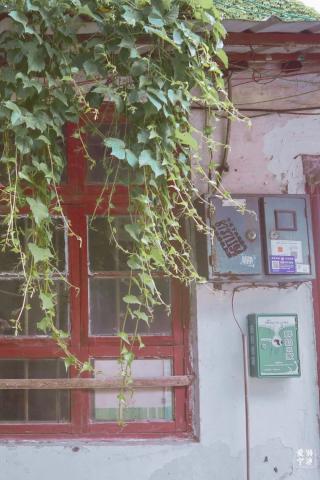
Starting from Zhongshan West Road in the south,
North to Yongfeng Road ,
Break the asphalt road,
But I heard the word "Chongxiao".

Xiaowen Street
After watching "Dajiang Dahe", many people were brought back to their parents' era, full of curiosity and cherishment about the old streets lined with old houses and old tiles. More and more old districts in Ningbo are being demolished, and the only thing that can be left to remember is the photos in the camera.
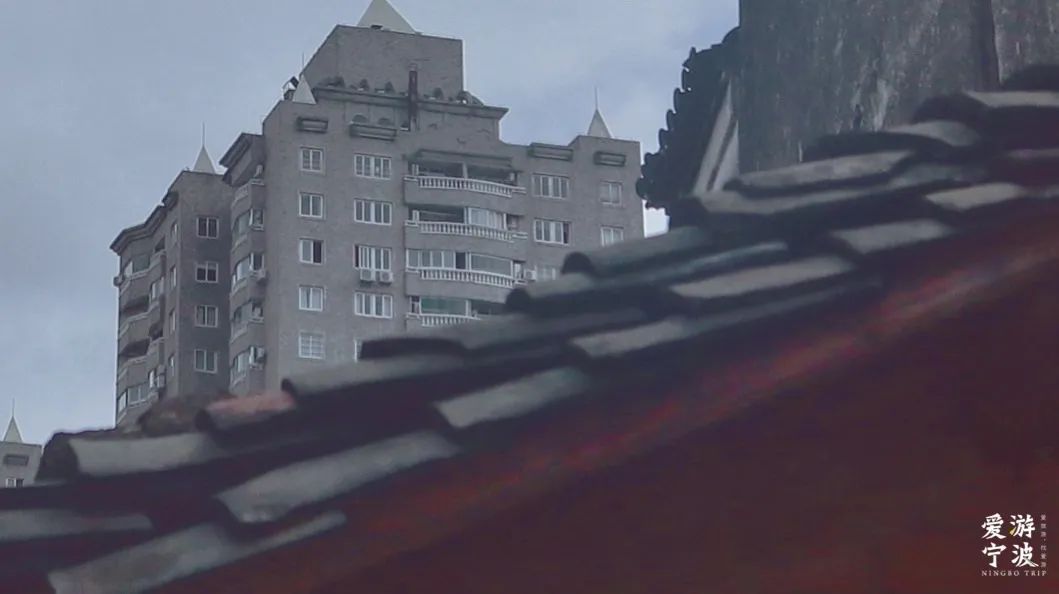 Xiaowen Street is located in Haishu District, Ningbo City, close to the Drum Tower. It used to be named Helishi Bridge, Shuifu Bridge, Fangjia Bridge, Xiaowenfang, Shuangchi Street and other places. It should be familiar to Ningbo people who once lived in Haishu.
Xiaowen Street is located in Haishu District, Ningbo City, close to the Drum Tower. It used to be named Helishi Bridge, Shuifu Bridge, Fangjia Bridge, Xiaowenfang, Shuangchi Street and other places. It should be familiar to Ningbo people who once lived in Haishu.


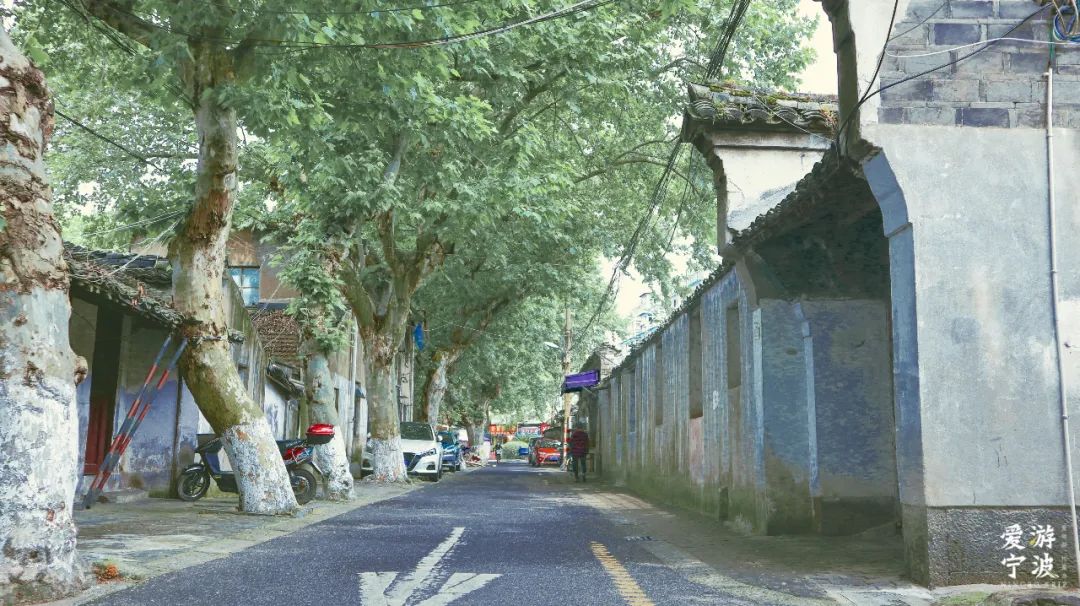 The street trees on both sides of the street are still the same color as the Double Ninth Festival trees. The local people call them "Raindrop Trees" because when summer comes, if you stand under the trees for a while, you will feel the thin raindrops falling on your body. A sudden feeling of coolness .
The street trees on both sides of the street are still the same color as the Double Ninth Festival trees. The local people call them "Raindrop Trees" because when summer comes, if you stand under the trees for a while, you will feel the thin raindrops falling on your body. A sudden feeling of coolness .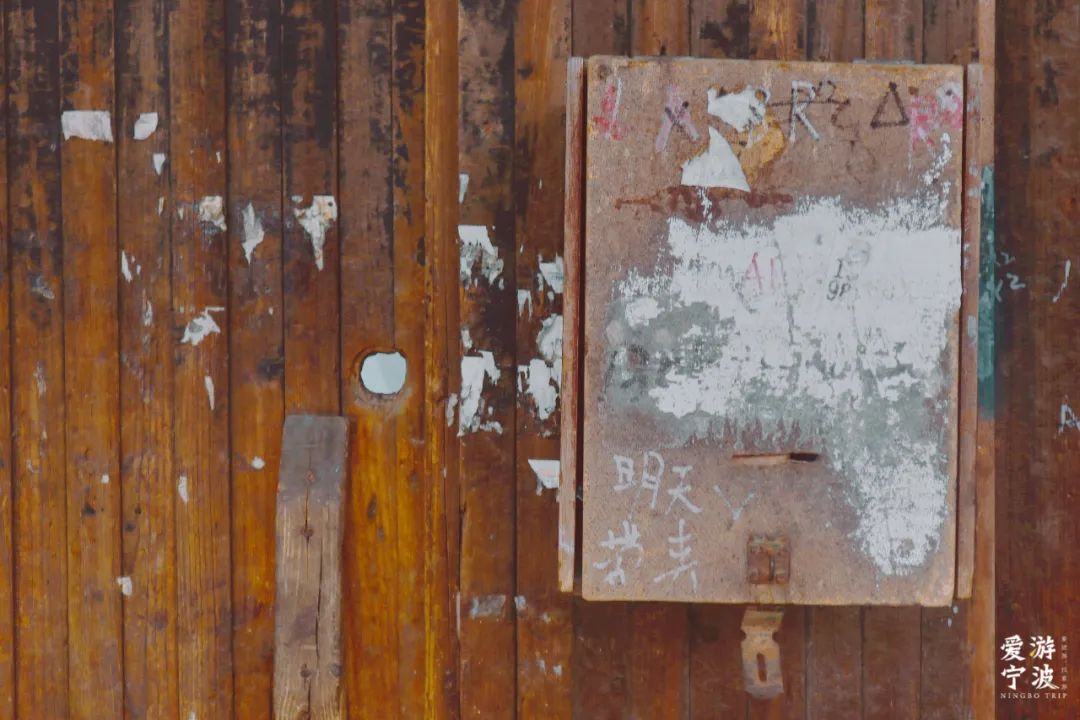


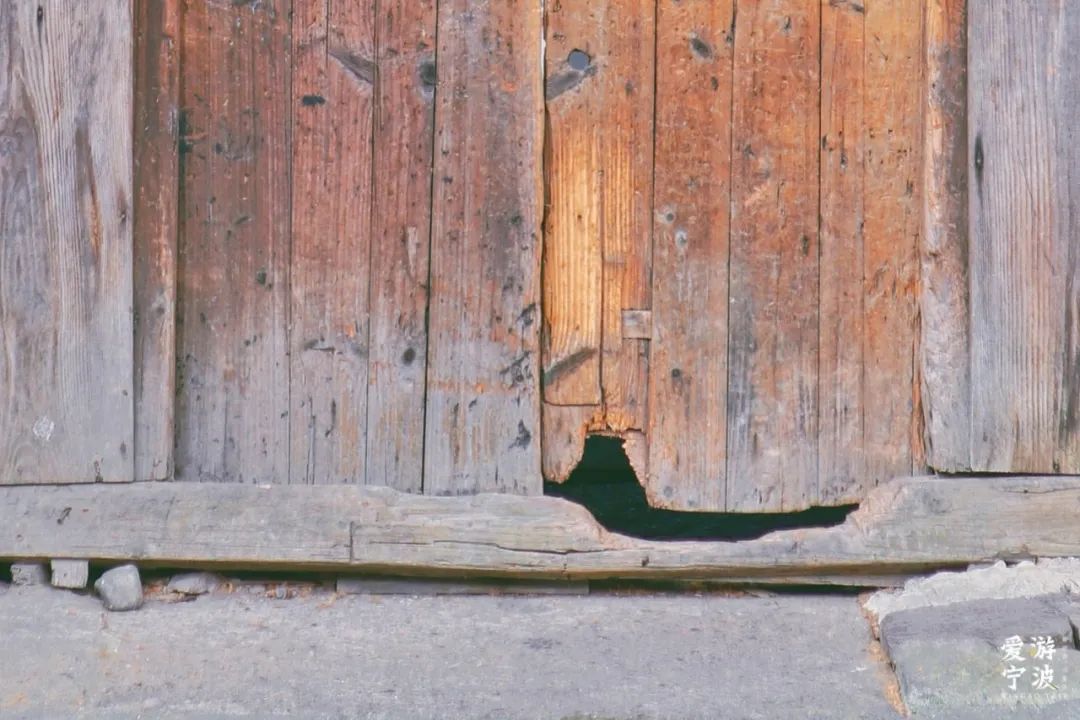
 Xiaowen Street was originally a small street along the river. The most common tailor shops and barber shops opened along the street. You can often see the words "car factory" or "baozi shop" under a red arrow on the gray cement wall at the corner.
Xiaowen Street was originally a small street along the river. The most common tailor shops and barber shops opened along the street. You can often see the words "car factory" or "baozi shop" under a red arrow on the gray cement wall at the corner.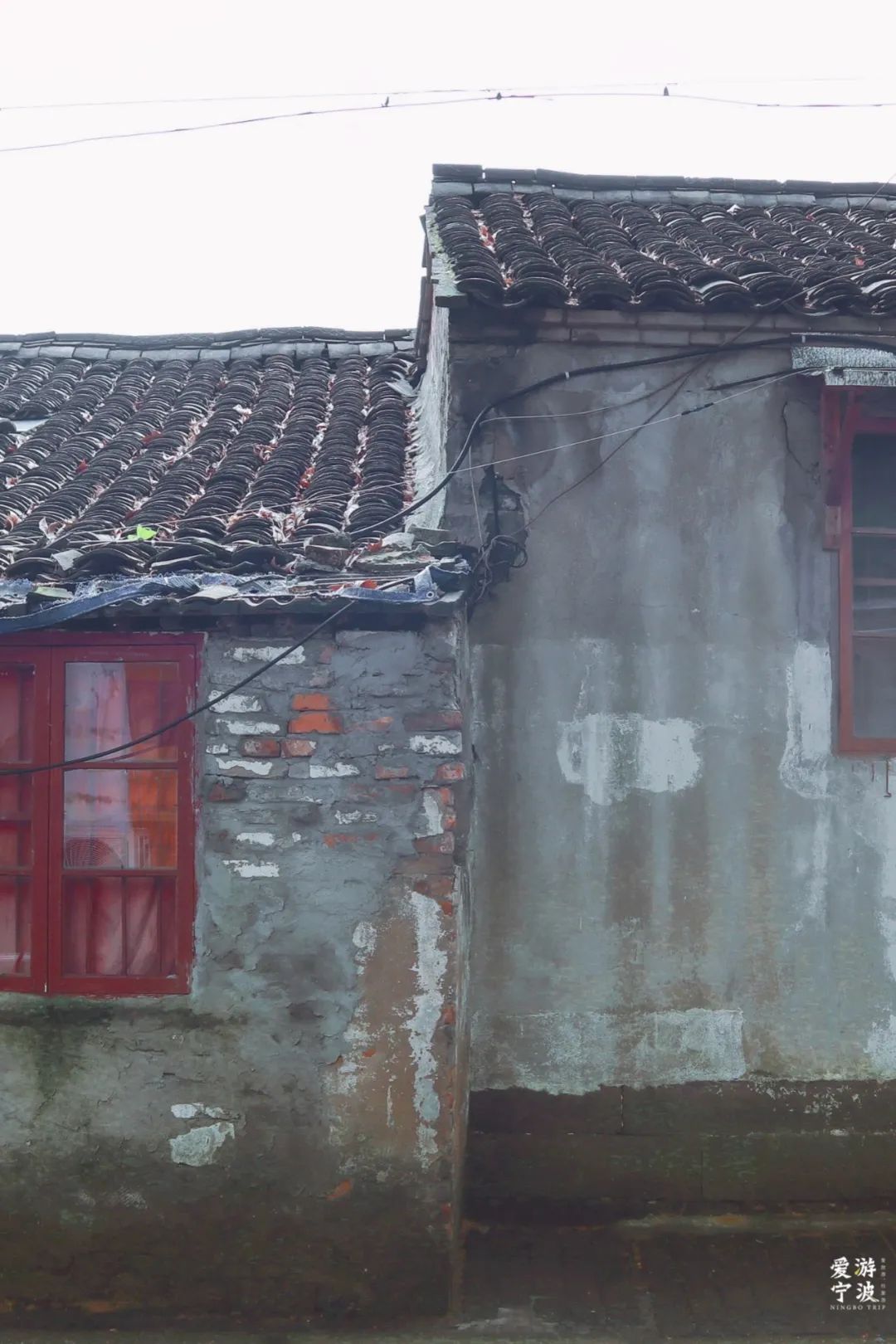 It can't help but remind people of people's lives in the 1980s. They went to a tailor shop to have their clothes made, a photo studio to develop film photos, and a barber shop to get a clean haircut.
It can't help but remind people of people's lives in the 1980s. They went to a tailor shop to have their clothes made, a photo studio to develop film photos, and a barber shop to get a clean haircut.

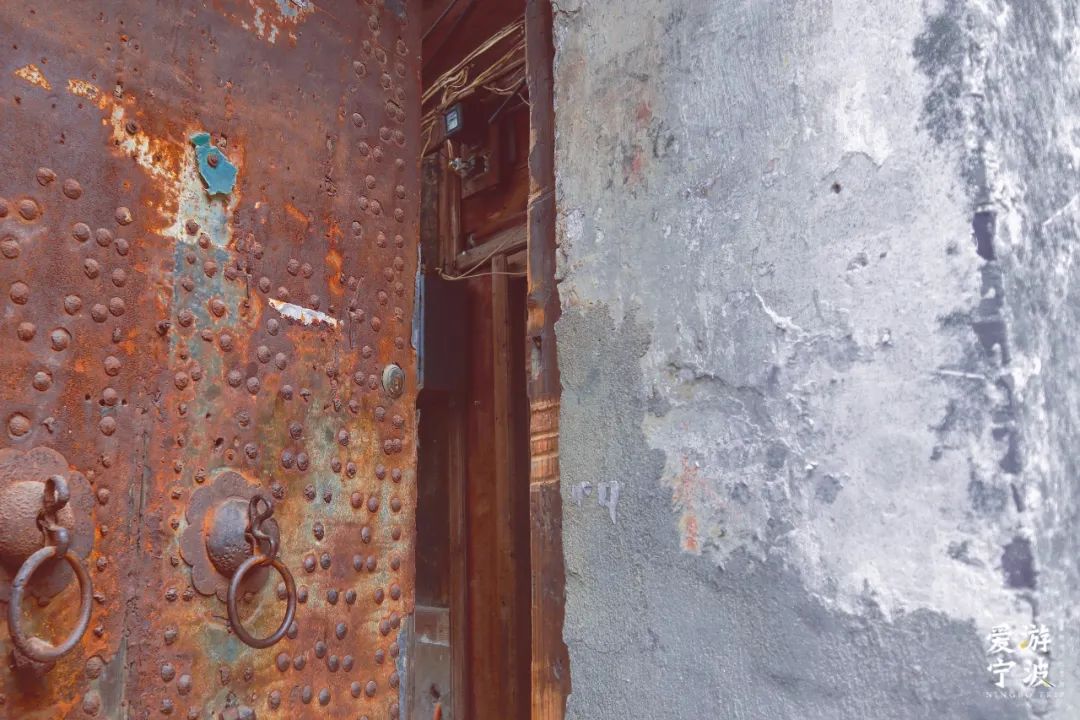
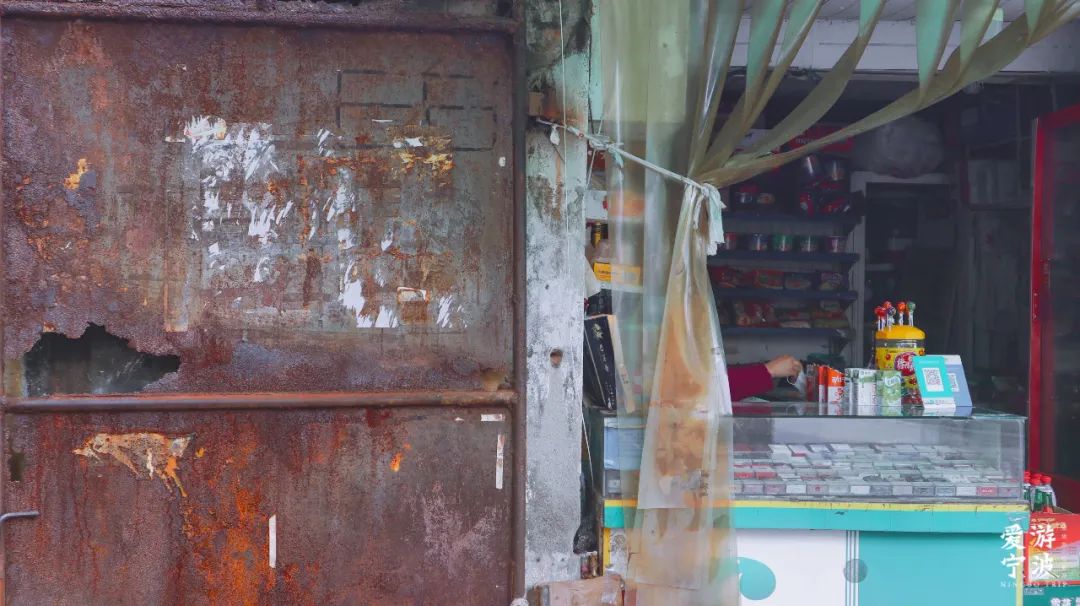
 But the old man who passed by was still speaking Ningbo dialect. He was carrying oil in his left hand and vegetables in his right hand as he walked home; There are also freshly bought broad beans peeled inside.
But the old man who passed by was still speaking Ningbo dialect. He was carrying oil in his left hand and vegetables in his right hand as he walked home; There are also freshly bought broad beans peeled inside.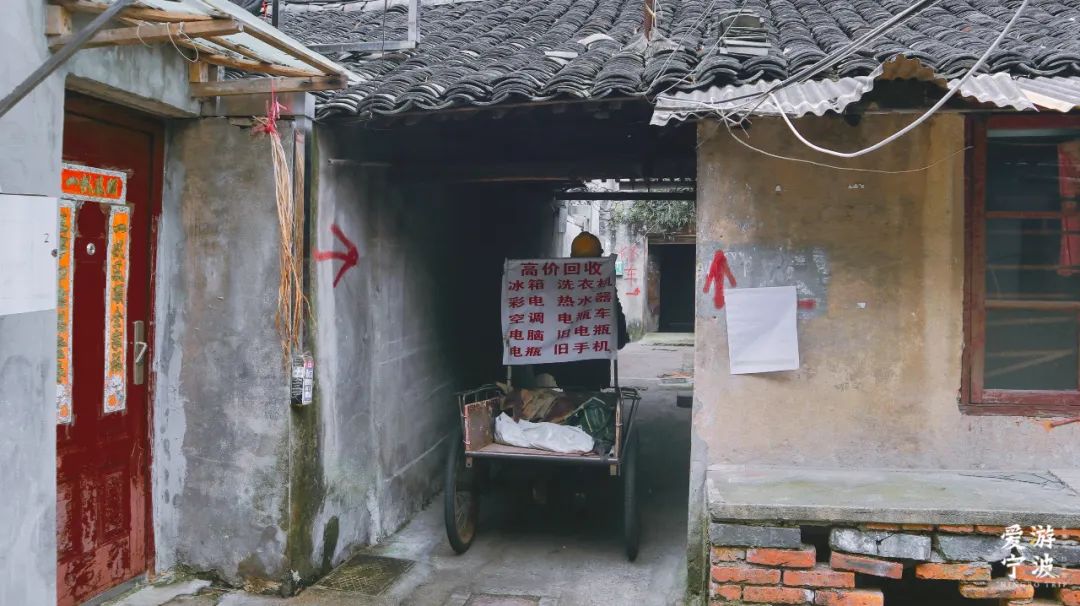 As I walked, there were often small alleys with corners, and my curiosity led me to go deeper. Turn left and then right, one house after another, with the small doors open, and occasionally you can still hear the sound of cooking in several houses.
As I walked, there were often small alleys with corners, and my curiosity led me to go deeper. Turn left and then right, one house after another, with the small doors open, and occasionally you can still hear the sound of cooking in several houses.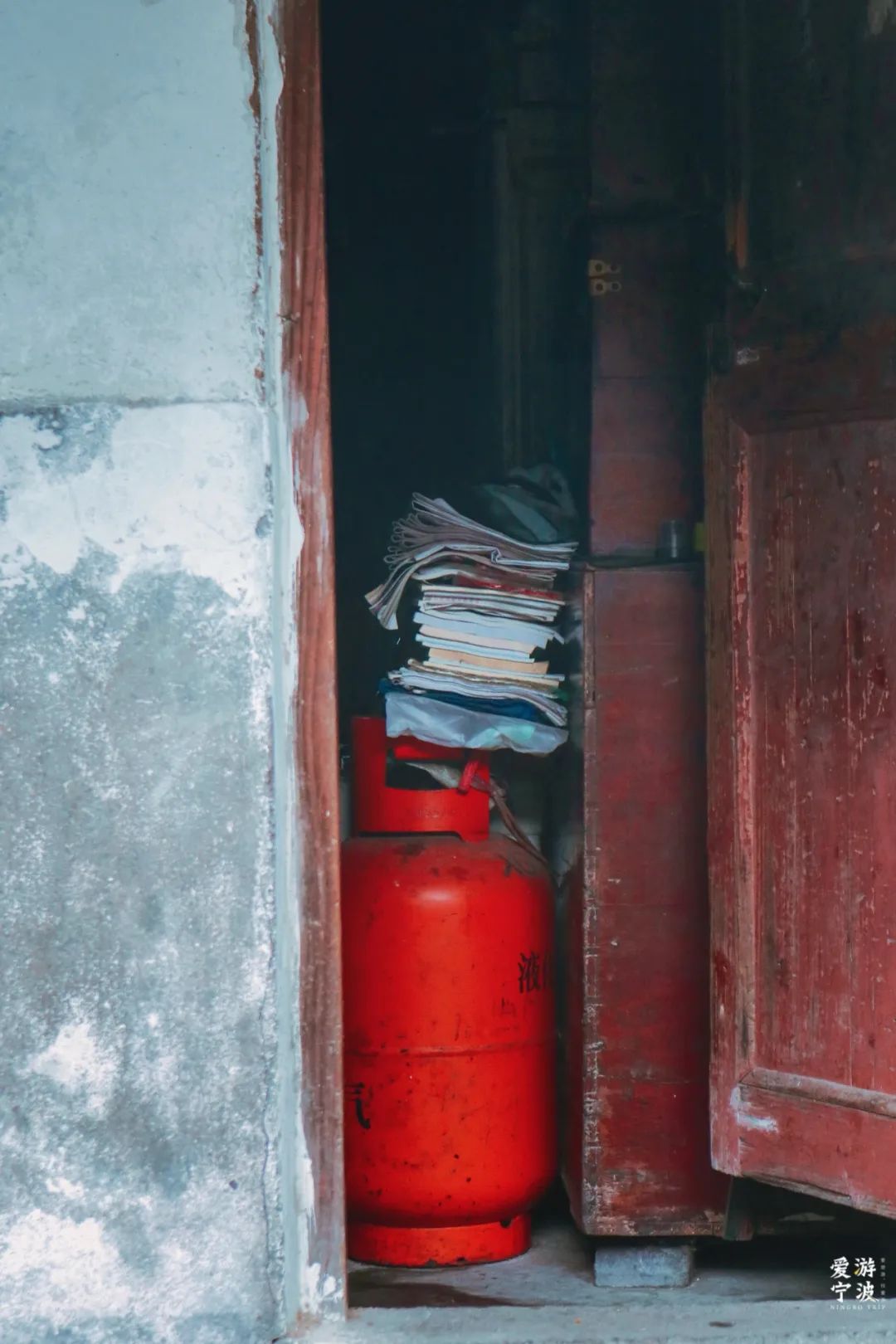

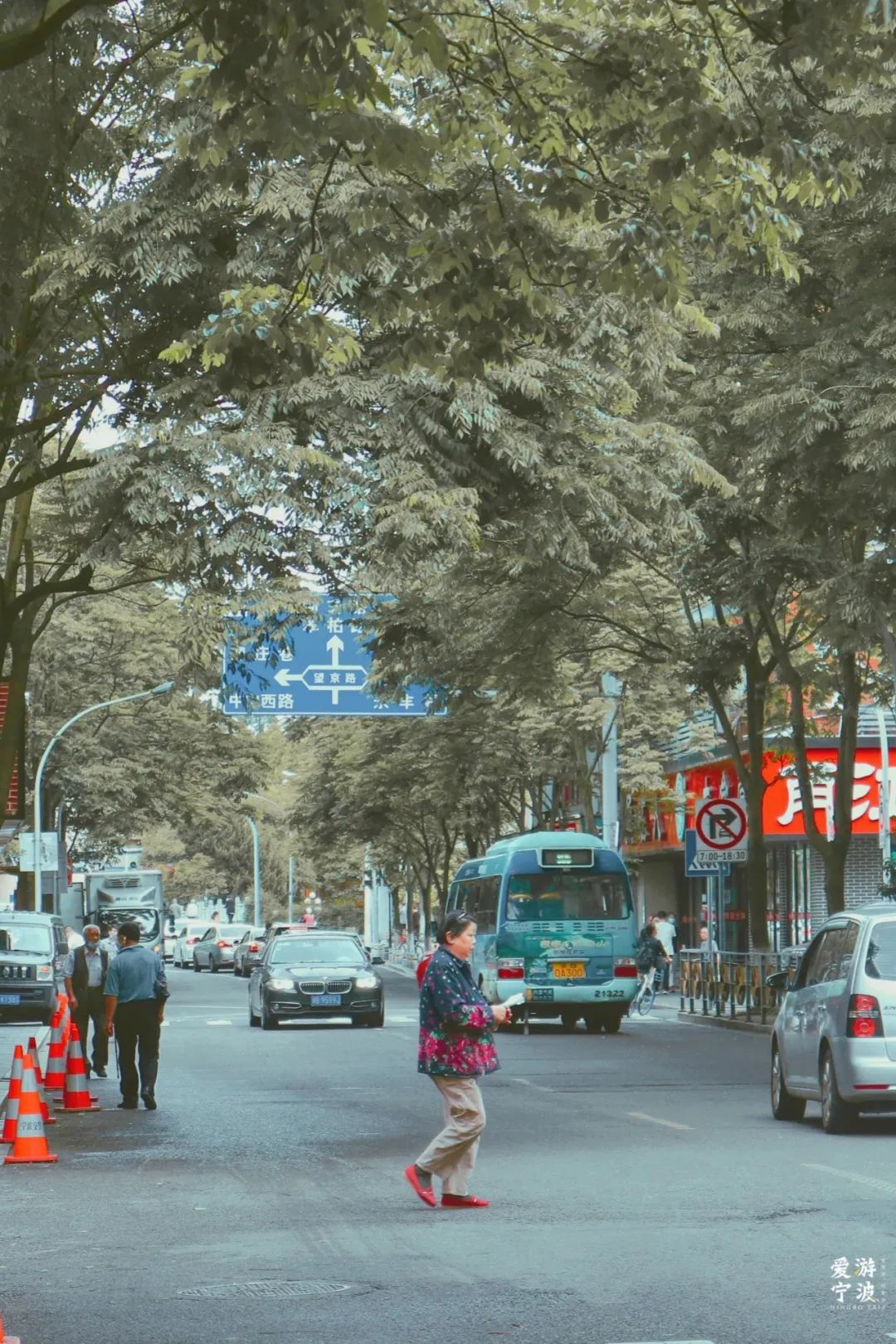 Walking out of Xiaowen Street, all of a sudden, the sound of car horns, people's conversations, and the hustle and bustle of the city all entered my ears, brain, and heart again. In a trance, I had the illusion that it was just a dream.
Walking out of Xiaowen Street, all of a sudden, the sound of car horns, people's conversations, and the hustle and bustle of the city all entered my ears, brain, and heart again. In a trance, I had the illusion that it was just a dream. I sighed at the sight of the old street that I would never see again, and continued walking towards the next intersection.
I sighed at the sight of the old street that I would never see again, and continued walking towards the next intersection.